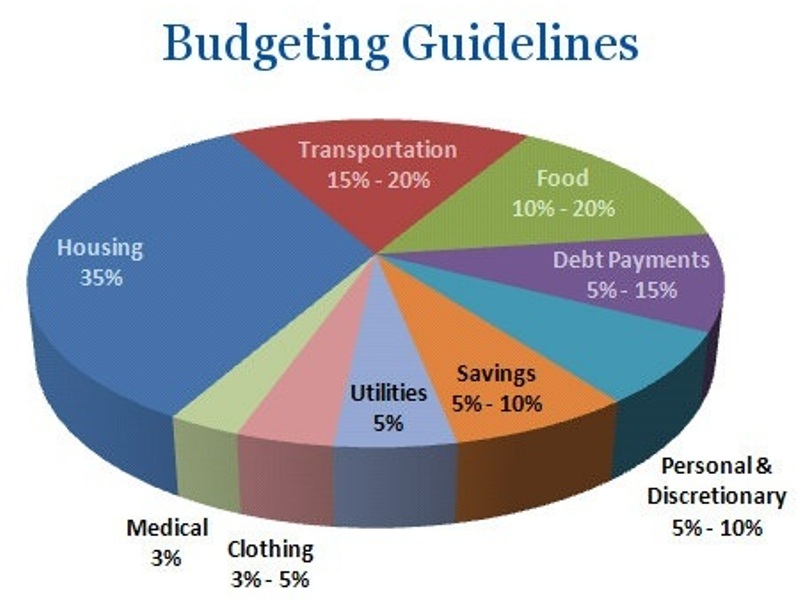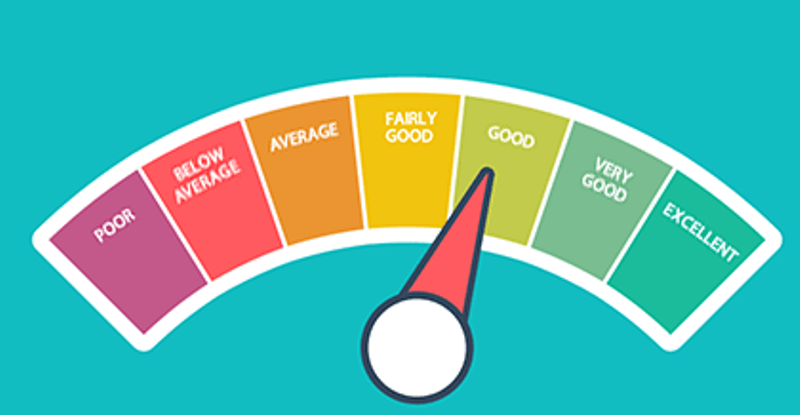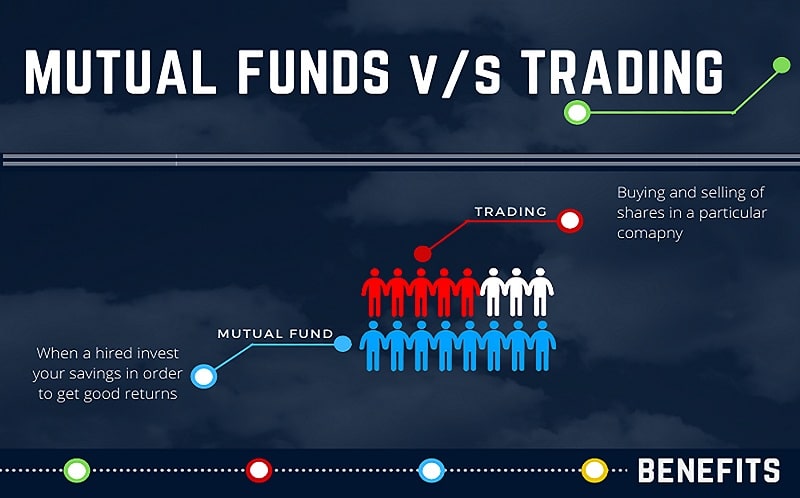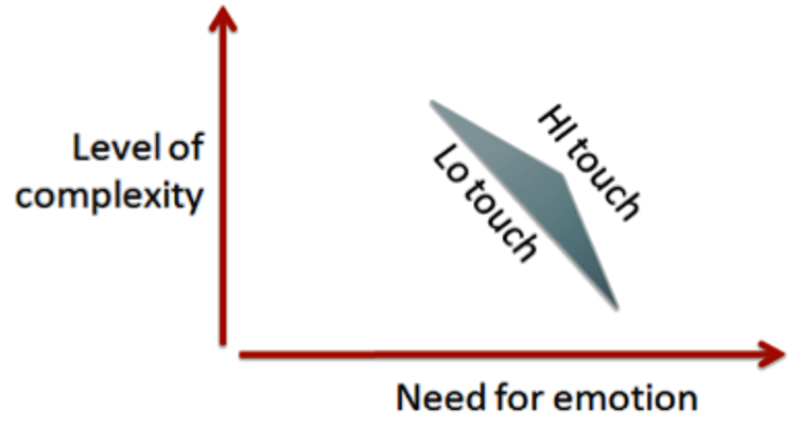Do you want to start Savings accounts? Banking entities offer various tools for this, and among the best known, are savings accounts.
In the following article, you will learn about savings accounts. You will also know the characteristics of the different savings accounts that you can find in the market. What are the best savings accounts for 2020?
The savings accounts are used to go regularly raising money. There are different savings accounts: demand savings account, term savings account with an unconditional money order, savings account with a deferred money order, housing accounts, savings accounts for higher education, savings accounts for sports, and plans for voluntary pension savings (VPS).
Best savings accounts for 2020: How to choose a savings account?
When choosing a savings account you must take into account that they work like having a piggy bank or purse in the bank. This type of account offers a return for your money, the return will be considered interest. The bank pays us interest for the time you have left your money there.
For this reason, when choosing a savings account, you should look for the bank that provides us with the highest interest for depositing your money in it or that provides you with services and benefits that allow meeting your expectations for savings. Some tips for choosing the best savings account are:
- Find an account that reports good interests
- Take into account if you have a minimum or maximum amount
- Review the periods that have high profitability
- Find accounts that have no permanence or penalty for account cancellation
Best savings accounts for 2020: What types of savings accounts are there?
Do you want to sign up for a savings account? The first thing is to know the characteristics of the savings accounts that are on the market, in order to choose the one that best suits your needs and interests.
Demand Savings Account: in these accounts, the saver receives no adjustments or interest. The main point of these accounts happens to be to keep money in a safe place.
Savings account with unconditional money order: in these savings accounts, the account holder can money order all the money deposited at any time. These accounts can be adjustable or non-adjustable. In these savings accounts, you can rotate up to a total of six times without losing money.
Term savings account with deferred draft: the saver can only withdraw the money deposited with prior notice from the bank, always with a minimum anticipation of 30 calendar days.
Home Accounts: These savings are intended for the purchase or construction of a new or used home.
Higher Education Savings Accounts: These savings accounts include money to pay for the account holder’s higher education expenses.
Savings accounts for sports: only people who have a savings account for sports may qualify for the subsidy to finance sports activities of the State of Chile.
Voluntary Pension Savings Plans (VPS): Serves to save an amount higher than what workers obligatorily save in their Pension Fund Administrator. This savings account is used to anticipate the retirement age or to increase the amount of the pension.
Commissions
Another aspect that you should not underestimate is the commissions, which behave like vacuum cleaners if you are not careful.
Commissions are charges made by the bank for not maintaining a minimum amount in your account or for account maintenance. So, know what is the minimum amount of the balance in the account and constantly check your account statement.
Another common charge is the replacement of the card. So if you or your little one are forgetful and constantly lose things, it is better to choose an account that does not involve commissions for loss of card. In this case, it is preferable to choose an account that does not charge commissions, although it does not generate high returns, since these will not be worth it if you have to pay more for the replacement of the card.
Because the State of Chile grants a subsidy to finance sports activities, it was defined that only a person who had saved in term savings account for sports could be entitled to receive this aid.
To open it, the account holder must sign a “savings contract” with the respective financial institution, which will indicate, among other things, the amount of savings to which he is committed, according to a minimum amount required, the term in which said savings will be reported, the frequency of the deposits that will be made to find out that amount and the minimum semi-annual average balance.
Although they are called “savings”, these are accounts in national currency in which the saver receives no adjustments or interest; They can be one person or several people and allow the institution that maintains them to charge commissions for.
Conclusion
Their objective is to keep money in a safe place and they are traditionally opened by entities that require having the money available for their use at any time and also need a third party to manage the money so that it is not under the responsibility of one of the participants.







































